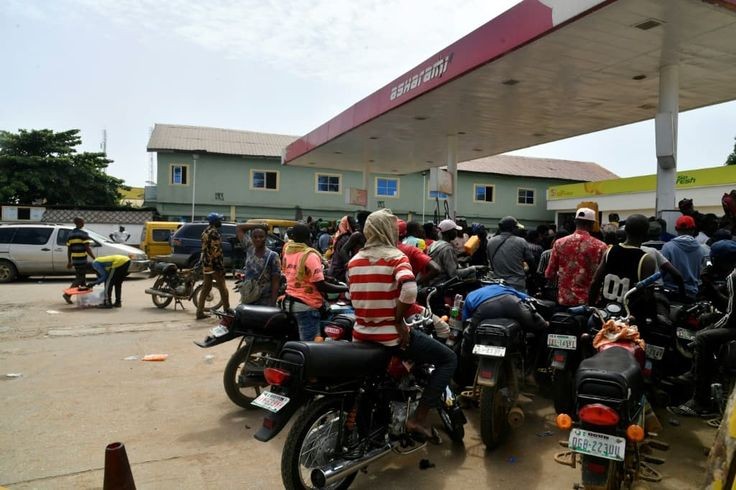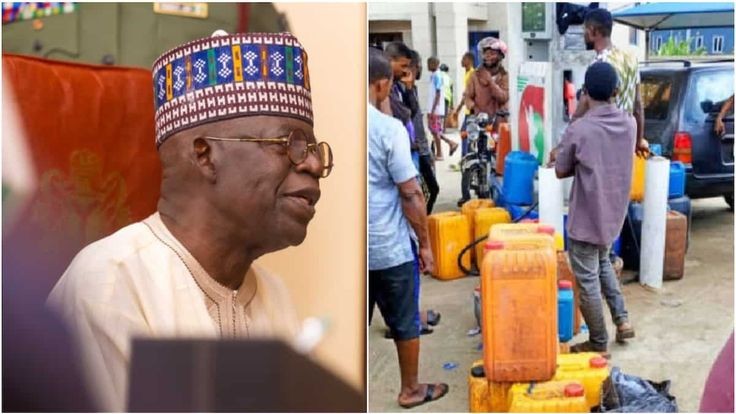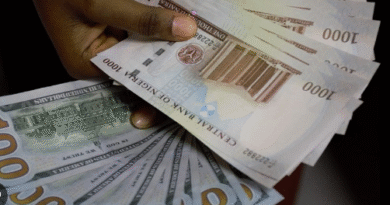Fuel Subsidy Removal in Nigeria: One Year After — Winners, Losers, and the Road Ahead
Introduction

On May 29, 2024, during his inaugural speech, President Bola Ahmed Tinubu made a bold announcement: “Fuel subsidy is gone.” The statement marked the end of a decades-long policy that had cost the government trillions of naira but kept petrol prices artificially low for Nigerian citizens.
One year later, the debate over the subsidy removal remains heated. Has it been worth it? Has it improved Nigeria’s economy? Or has it only deepened hardship for millions? This analysis takes a closer look at the winners, losers, and the way forward.
Why Fuel Subsidy Was Removed
Fuel subsidies had been a contentious issue for years. Proponents argued they made fuel affordable for the masses, while critics claimed they were a drain on public finances and a source of corruption.
By 2023, the subsidy bill had ballooned to over ₦4.3 trillion annually, putting immense strain on government revenue. Tinubu’s administration argued that the money could be better spent on infrastructure, healthcare, and education.
Immediate Impact On Fuel Prices
Before the removal, petrol averaged ₦185 per litre. Within days, the price jumped to ₦480–₦520, and by early 2025, it fluctuated between ₦600–₦750, depending on location.
For many Nigerians, this meant:
-
Higher transportation costs — commercial transport fares doubled or tripled in some areas.
-
Increased food prices — as logistics costs surged.
-
Rising cost of living — inflation climbed above 30%, hitting a 20-year high.
Winners Ff The Subsidy Removal
1. Government Revenue
The removal freed up trillions of naira for the federal government, theoretically allowing more funds for infrastructure, social programs, and debt repayment.
2. The Private Energy Sector
Oil marketers and independent fuel importers gained greater freedom to set prices and import petroleum products without bureaucratic bottlenecks.
3. Investors In Alternative Energy
The steep petrol prices spurred interest in Compressed Natural Gas (CNG) and solar power solutions, creating opportunities for entrepreneurs and reducing over-reliance on petrol.
Losers Of The Subsidy Removal
1. Low-Income Nigerians
For the majority who live on less than $2 a day, the removal meant a sharp decline in purchasing power. Daily commuting and basic household expenses became more difficult to manage.
2. Small Businesses
From tailors to frozen food vendors, many small-scale entrepreneurs struggled with higher fuel costs, especially those relying on petrol generators due to Nigeria’s erratic electricity supply.
3. Public Transportation Users

Interstate and urban transport fares skyrocketed, making travel unaffordable for some. In certain rural areas, the number of operational buses and taxis dropped due to low passenger turnout.
Government Intervention Measures
To cushion the effects, the government rolled out several programs:
-
₦25,000 monthly cash transfer to vulnerable households (implementation faced criticism over transparency).
-
Introduction of CNG buses to lower transport fares in major cities.
-
Planned minimum wage increase to match inflationary pressures (still under negotiation in 2025).
Despite these measures, many Nigerians feel the relief is too little, too slow.
Expert Opinions
Economic analyst Dr. Chinedu Eze notes:
“Subsidy removal was inevitable, but it should have been implemented gradually alongside strengthening public transportation and boosting electricity supply. The sudden shock hurt ordinary Nigerians the most.”
Energy policy expert Aisha Yusuf adds:
“In the long term, if government uses savings wisely, we could see better infrastructure and a stronger naira. But Nigerians have heard this promise before — execution will be the real test.”
The Road Ahead
The subsidy removal is a turning point for Nigeria’s economy. While it has boosted government revenue, it has also triggered inflationary pressures that risk eroding public trust.
For the policy to truly succeed, experts recommend:
-
Investing subsidy savings transparently in visible infrastructure projects.
-
Expanding mass transit systems to reduce dependency on petrol.
-
Supporting renewable energy adoption for homes and businesses.
-
Improving electricity supply to reduce generator usage.
Final Thought
One year on, the removal of fuel subsidy remains both a blessing and a burden. It has opened doors for economic reforms but also exposed millions to harsher living conditions. Whether history remembers it as a turning point for progress or a period of deepening hardship will depend on what the government does next.




